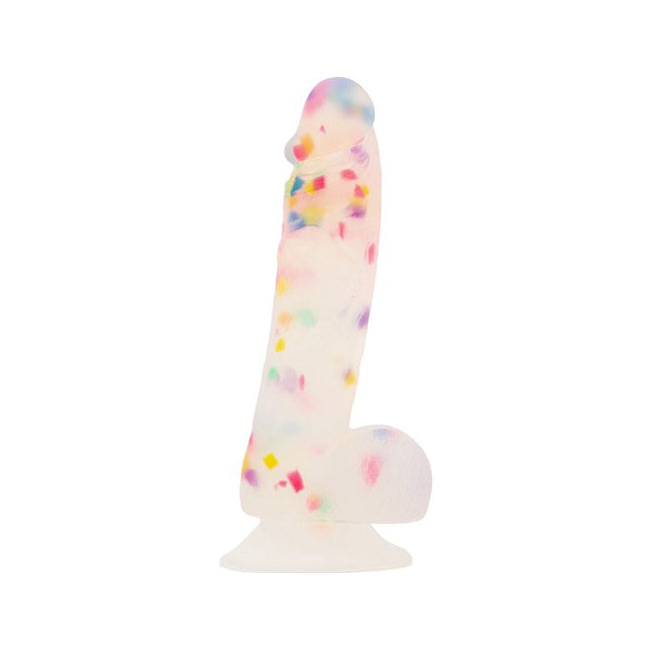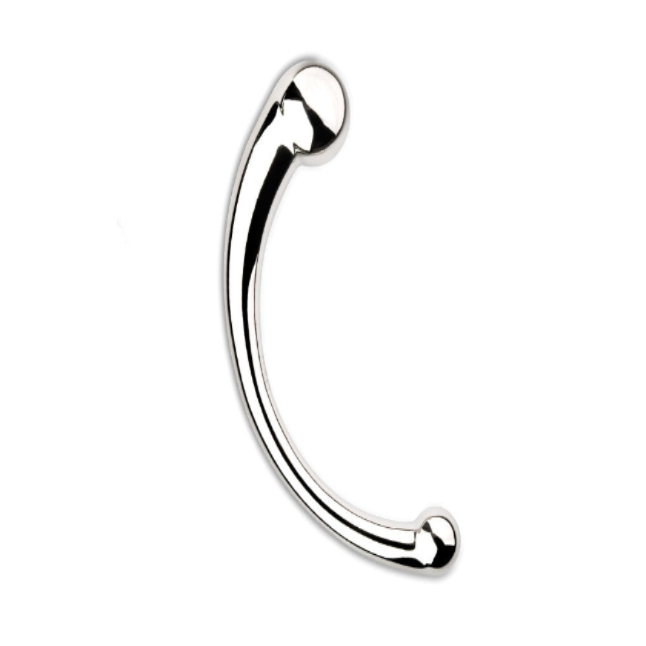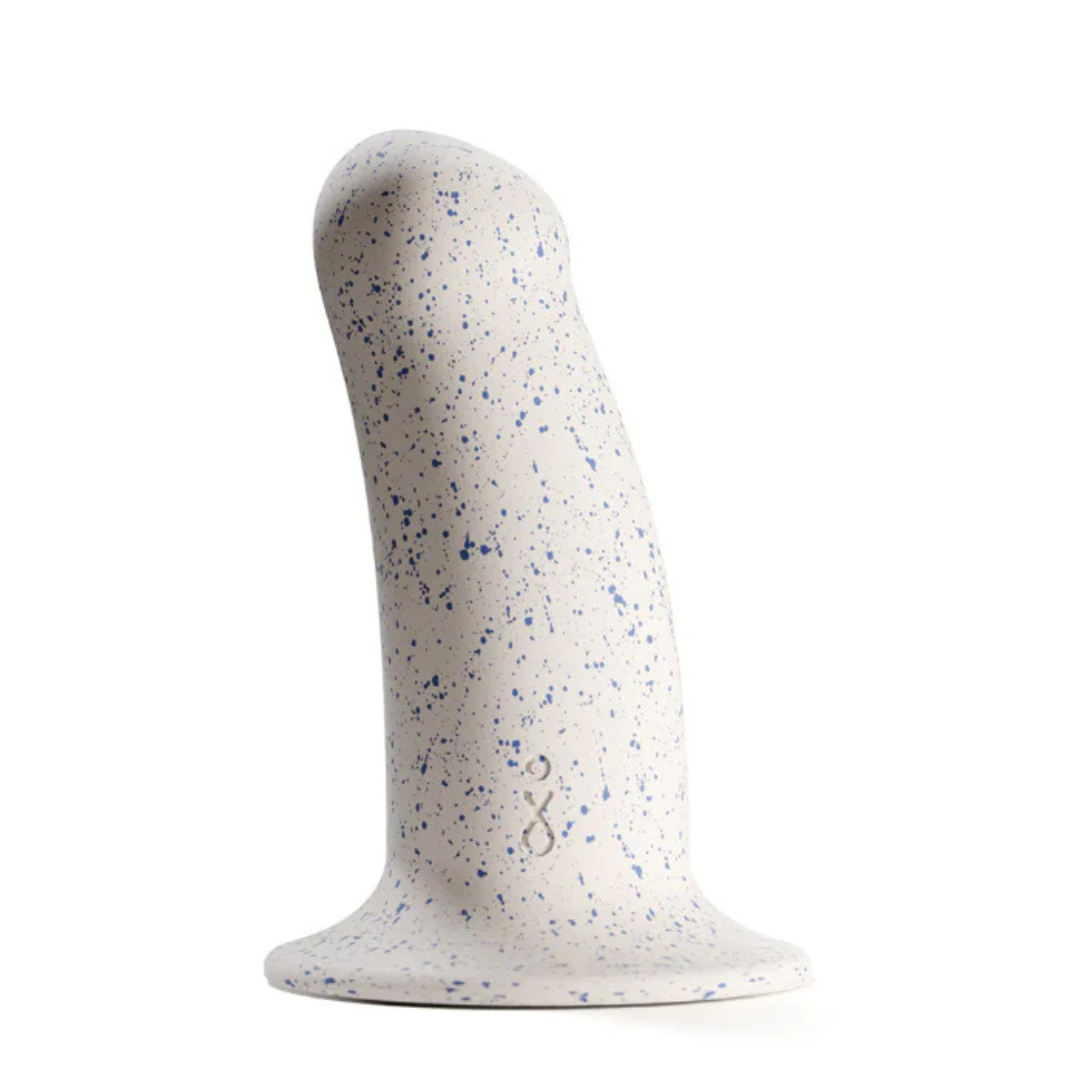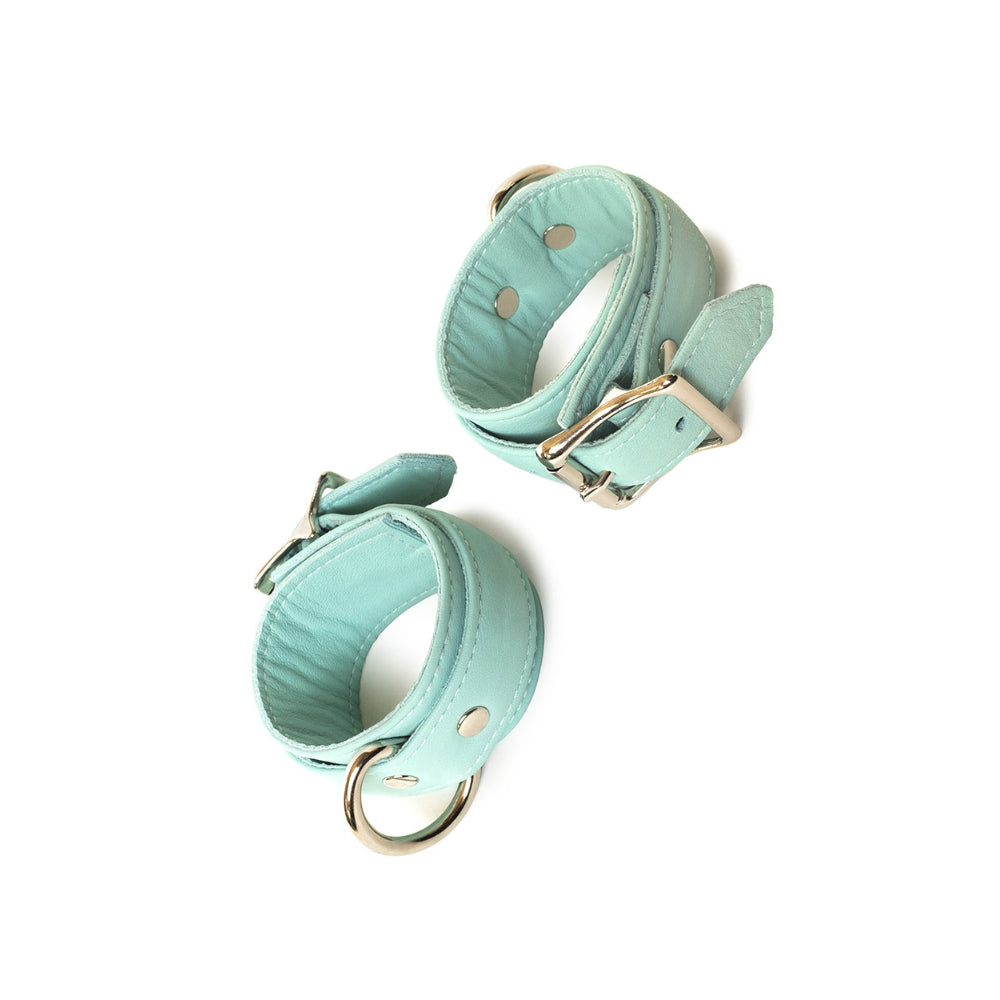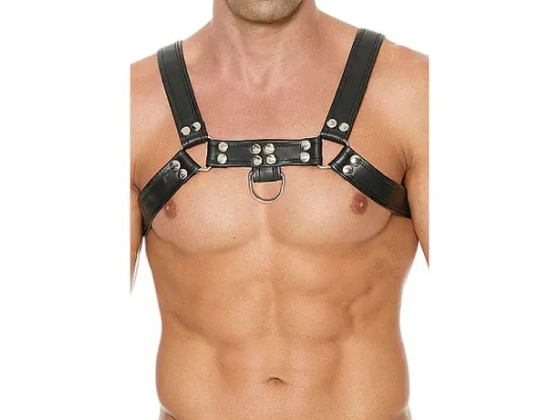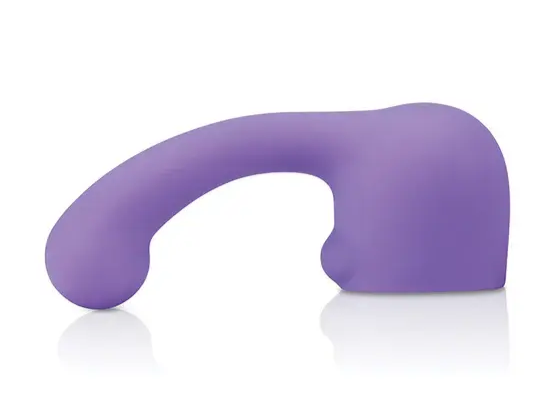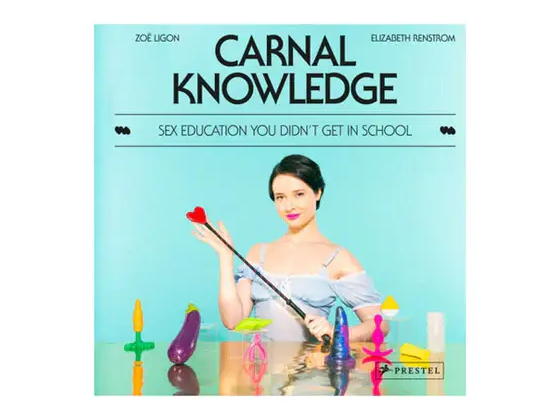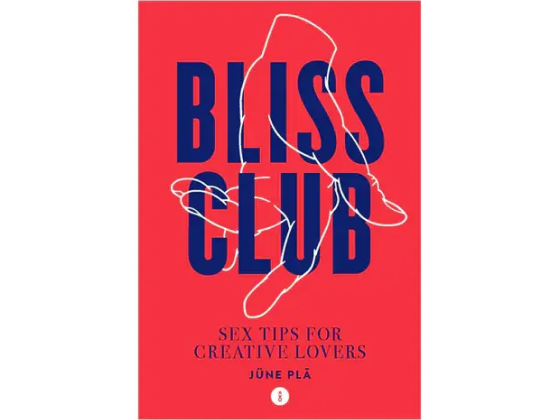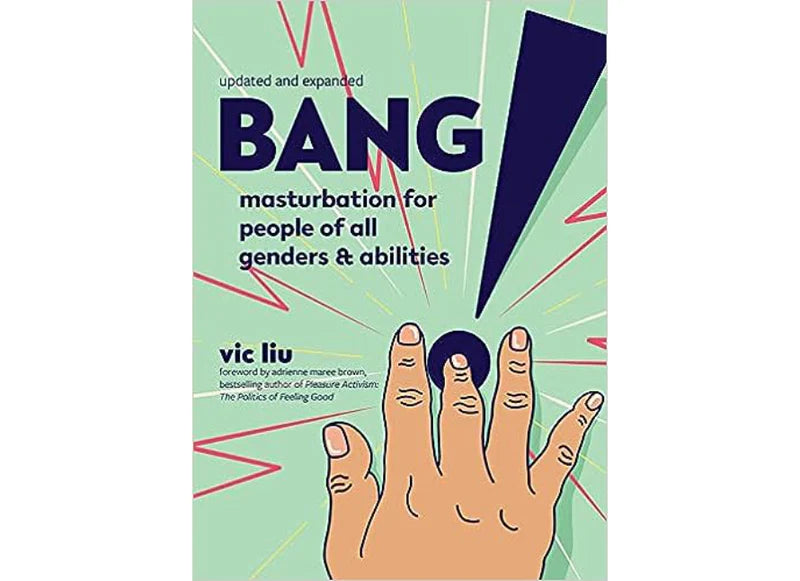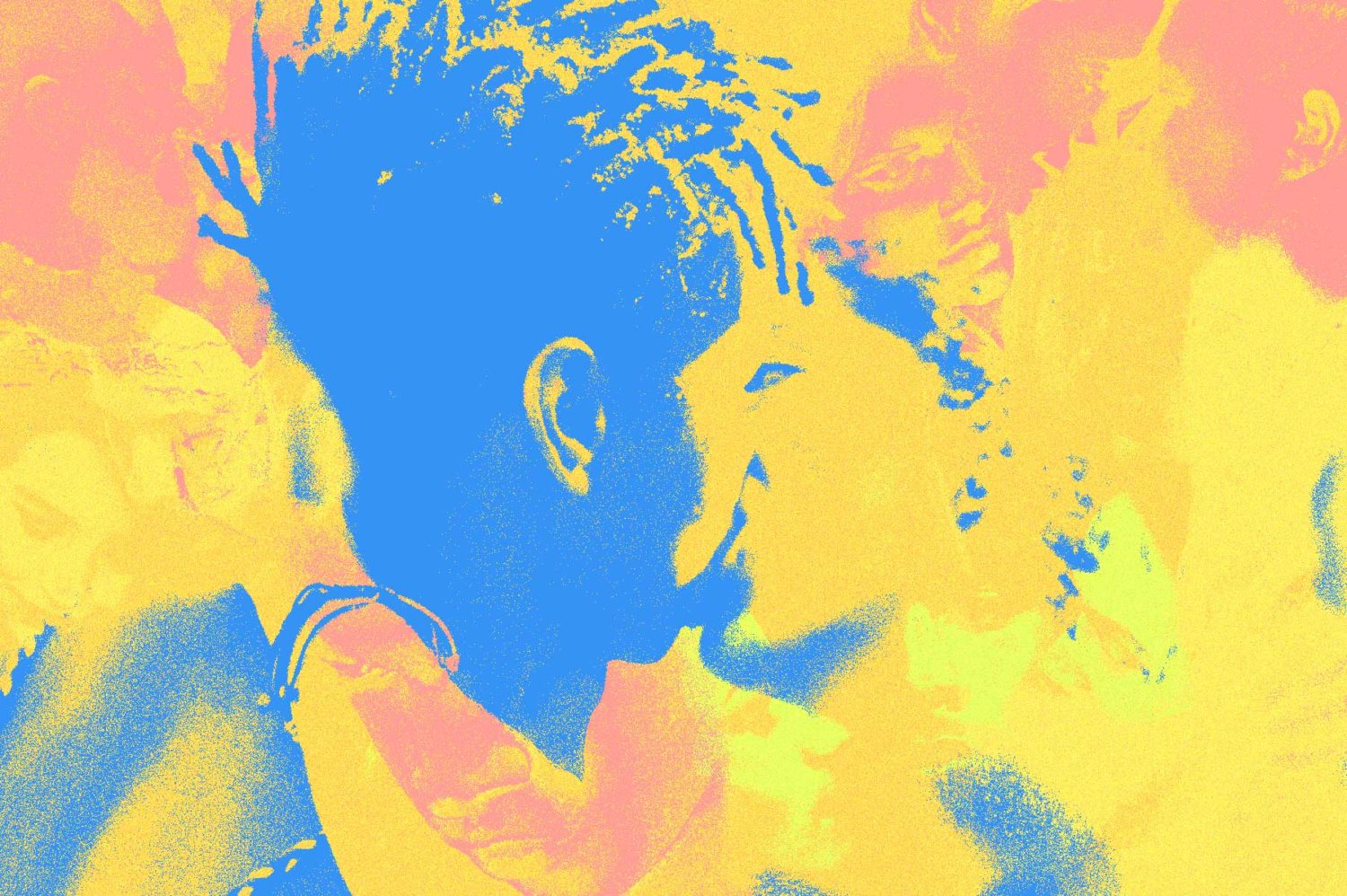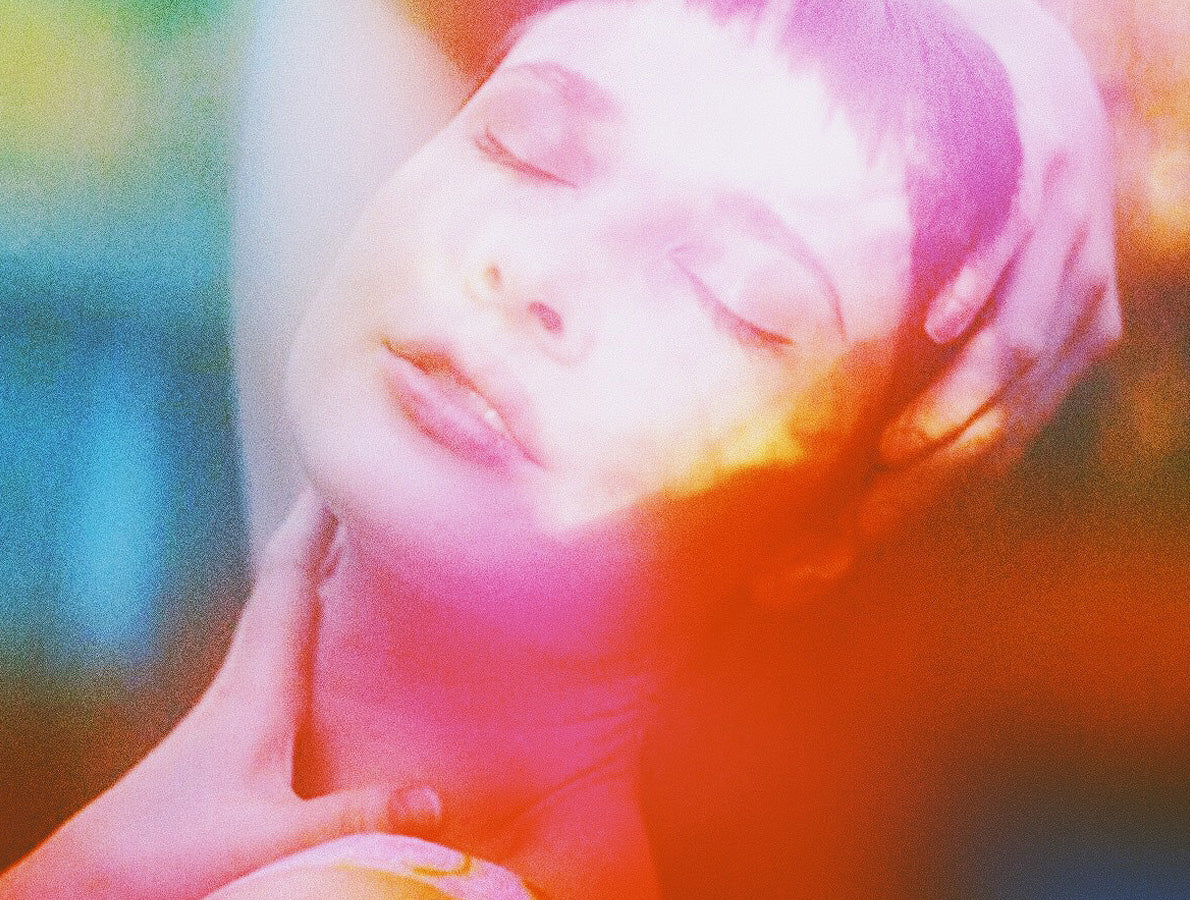Just the word itself can bring up expectations and feelings of guilt, anxiety, or deep-seated longing. Whether we’re talking about family, friends, romantic partners, work buddies or ourselves, our lives can’t be completely fulfilled without relationships to sustain us. But sometimes, it can seem like the way we connect with each other defines us more than who we authentically are.
As a writer and a sex educator, relationships and sexuality education go hand in hand and come up a lot in my work. Why? Because our lives are guided by how we relate to others. We look to others to shape how we view ourselves, our lives, our desires. In this search for personal fulfillment and happiness, we often search for that meaning within how we connect with others. Whether we like it or not, we exist within a societal relationship hierarchy that forces us to prioritize certain relationships over others. And when we aren’t aware that we have the ability to choose this for ourselves, our autonomy is limited. But how did things end up that way?
Most of us are familiar with the traditional path that we’re supposed to take: go to a good college, get a good job, fall in love, get married, have children, buy a home, live happily ever after. Rinse and repeat. To think that we won’t be able to achieve personal happiness without following this formatting in exact order is bullshit. There’s no one-size-fits-all recipe for personal happiness. As we move into who we are meant to be, we can find ourselves confronted with a preconceived layout of what relationships are meant to be the most important in our lives.
We look to others to shape how we view ourselves, our lives, our desires.
It’s no secret that this is romantic (monogamous) partners. I have a lot of beef with this idea, largely because it’s so devaluing of relationships outside of romantic or sexual contexts. It’s upheld through singles’ shaming (especially for non-men, or people of marginalized genders). It’s upheld through this assumption that single people are sad, or lonely, or exist to fulfill a couples’ fantasy. It’s upheld through this idea that people aren’t fully themselves or can’t be happy individuals until they find “The One.” The same stories that we’re already familiar with.
But it goes much deeper than that. We’re all affected by this relationship hierarchy because it warps our perception of what healthy relational community can look like. And this is dangerous because this seeps out into every other part of how we cultivate relationships with others, leading us to normalize harmful relationship behavior like idealizing and hyperfocusing on romantic relationships. As I dove deeper into my own understanding about relationships, I thought it’d be a good point to explore if the relationship hierarchy can bring any value to how we view relationships.
What role does the relationship hierarchy play in our lives?
It’s important that we understand what relationship hierarchy is before we can begin to question whether we want it to be incorporated into our lives or not. Because relationship hierarchies do play a role in our lives. When we’re younger, recognizing that we are our own people separate from our guardian or our parents takes time. Many of us don’t experience full autonomy and ability to express who we are as individuals until late adolescence, and by then, we’ve had tons of messages telling us what relationships should look like and not a lot of time or space to examine if that aligns with our personal desires of community and support.
It’s unhealthy to expect that anyone relationship is most important or more important to us than all of the others — no matter who it’s with. Relying on one person for everything, rather than having a network of support spread across various people, is what we’ve been taught to normalize, but is actually toxic thinking. And the effects this could have on our long-term relationship dynamics could be detrimental. This persistent idea that our romantic/sexual partners should be central points in our lives can be just as unhealthy as centering the relationship with our parents or our friends.
My biggest issue with the relationship hierarchy is the presumptuousness of it. It assumes that the pre-conceived structure should supersede our individual needs or desires for how we want to participate in community with others. It’s the unconsciousness of it and how it removes individual desire altogether that makes me uncomfortable. Rather than pushing for everyone to follow the same structure when it comes to how they should rank their loved ones, we should leave space for people to consciously choose what relationship roles and titles mean for them. Without conscious awareness, we aren’t able to opt out of it and say, “no, this is how I want to connect with others and prioritize those in my life.” So it’s important that we’re able to have the language and understanding to get clear on what we want and how others fit into our lives.
How would it transform the way we relate to each other if we were able to make a conscious decision on relationship hierarchy? Rejecting and shifting what relationship hierarchy can look like isn’t a new idea. There are people that have opted out of them altogether through embracing non-monogamous and queer relationship structures. It’s also important to spend time examining how a hierarchy can overall be harmful to how we think about relationships.


